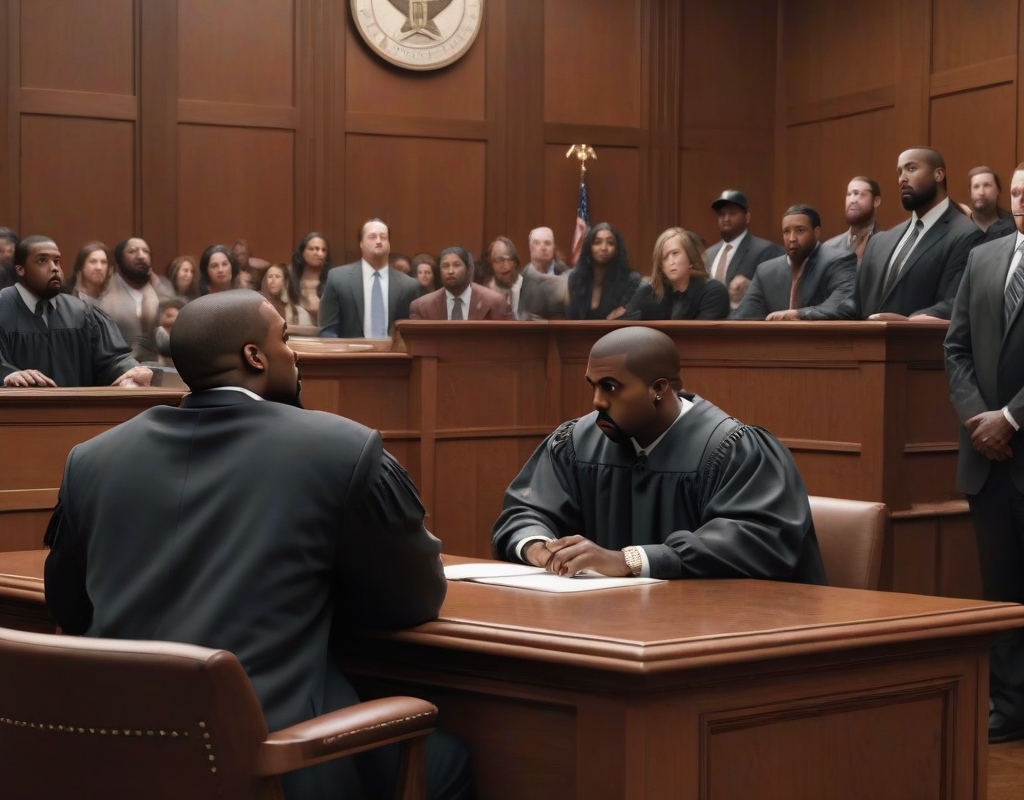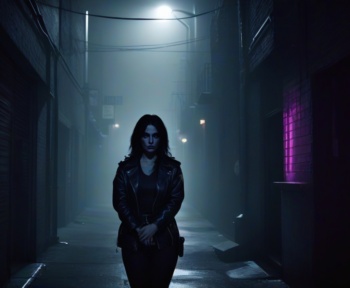Kanye West and Ty Dolla $ign are currently embroiled in a copyright infringement lawsuit, brought forth by a group of Memphis-based hip-hop artists. This case marks yet another chapter in West’s ongoing legal entanglements and sheds light on the delicate balance of creativity and copyright in the music industry.
### The Core of the Legal Dispute
At the heart of this lawsuit is the track “Vultures 1,” which features work from Kanye West and Ty Dolla $ign. The Memphis artists allege that this track includes components of their original work—such as melodies, lyrics, or beats—used without proper authorization or acknowledgment. As a result, they argue that their copyrighted materials were infringed upon, leading them to seek judicial intervention.
The claim not only demands that West and Ty Dolla $ign cease the distribution of the contested track but also seeks compensation for damages perceived by the plaintiffs as a direct infringement of their rights.
### Kanye West’s History with Copyright Infringement
Kanye West is no stranger to copyright disputes. His recent settlement with the estate of Donna Summer over the unauthorized use of “I Feel Love” in a collaborative track highlights his recurrent copyright issues. Although that matter was resolved without granting West rights to Summer’s music, it illustrates the ongoing challenges artists face regarding copyright boundaries.
West also faces allegations beyond the realm of copyright, including a serious accusation from a former personal assistant related to sexual harassment and wrongful termination. These legal battles paint a complex picture of the challenges present in West’s professional landscape.
### Implications for the Music Industry
This lawsuit underscores a crucial debate in the music industry about the respect for intellectual property rights. As digital technology advances, artists and producers can easily incorporate and manipulate existing music, intensifying the need for explicit permissions and proper licensing to avoid legal repercussions.
Such cases not only risk damaging an artist’s reputation but can also influence their creative output and industry standards more broadly. For innovators like Kanye West, this could mean reevaluating how they source and integrate inspiration from existing works.
### Industry Trends and Legal Nuances
The music industry is currently navigating a complex legal terrain, trying to adapt to the evolving nature of music production in the digital age. From the landmark “Blurred Lines” case to everyday sampling disputes, artists and producers are frequently caught in legal dilemmas that highlight the fine line between influence and infringement.
Musicologists and legal experts advocate for rigorous rights management and transparent agreements to prevent disputes. However, despite these precautions, disputes continue to emerge, demonstrating the challenges in adapting established legal frameworks to contemporary creative processes.
### Commentary from Industry Experts
Legal and industry specialists emphasize the significance of the ongoing lawsuit. Entertainment law expert Rachel Stilwell notes that such cases highlight the need for firm legal protocols that support fair and transparent music distribution practices. Additionally, producer Darren Blake points out a shift towards negotiated licensing agreements rather than litigation, although many in the industry still struggle with copyright issues due to ambiguous terms.
### Broader Consequences and Future Directions
The resolution of this lawsuit could have far-reaching implications. For the Memphis artists, success in court would not only signify a legal victory but also reinforce the importance of copyright across the artistic community. This could potentially influence how artists approach the use of existing works in future projects.
Conversely, a decision favoring Kanye West and Ty Dolla $ign might prompt further deliberations on copyright laws’ adaptability to modern music production techniques. Regardless of the outcome, this case is a critical reminder of the necessity for artists to secure appropriate clearances when drawing from others’ work.
Industry stakeholders and creators globally are likely following this case closely, as its resolution could provide clearer guidelines for navigating the complex interplay between innovation and intellectual property in music production.
Ultimately, this scenario serves as a stark reminder of the vital need for ethical practices in the music creation process and the ongoing importance of protecting artistic integrity. By addressing these issues head-on through legal channels, the music community can work toward a more transparent and respectful industry standard, ensuring that all creators can share their work without infringing upon the rights of others.




